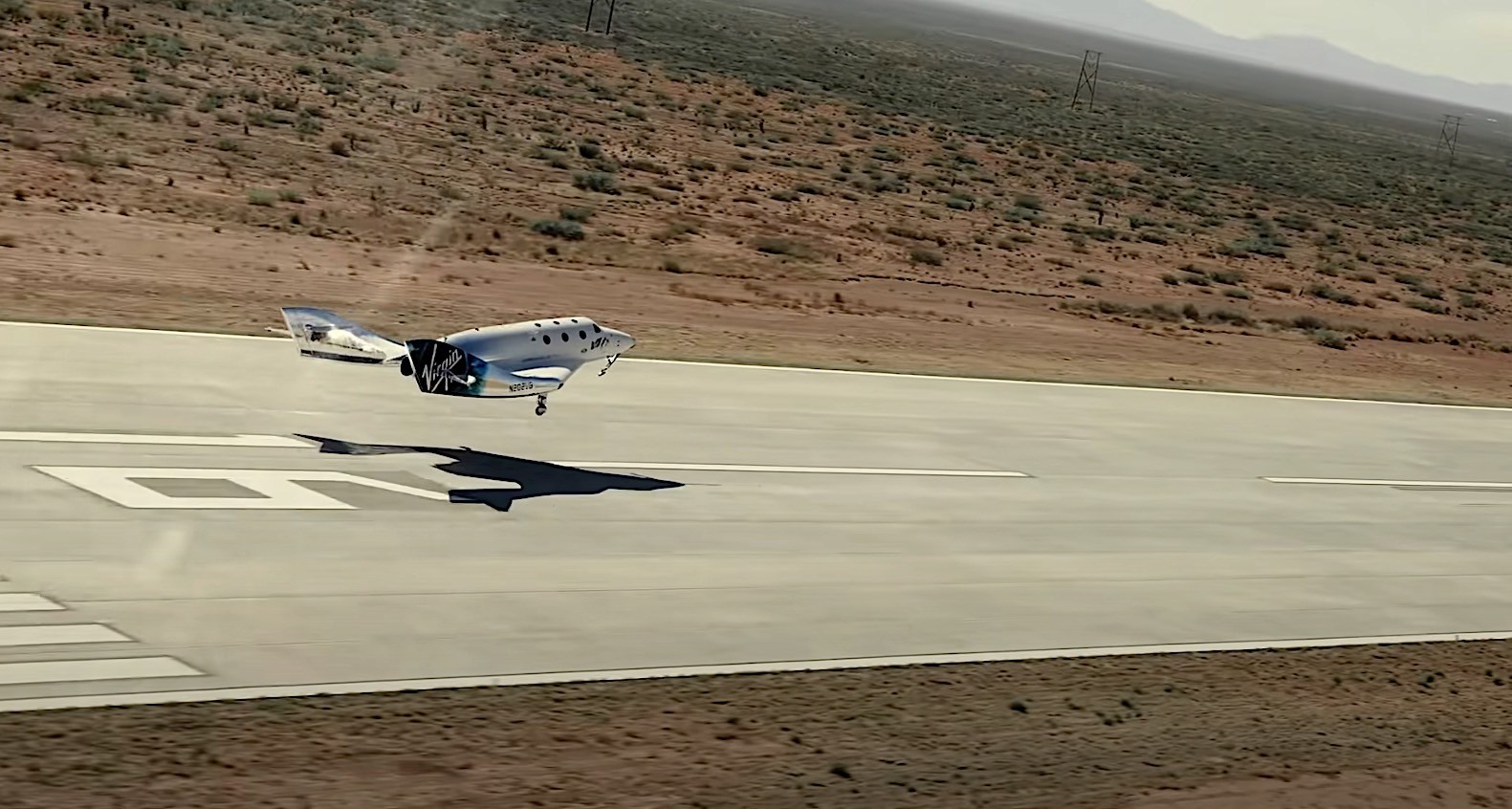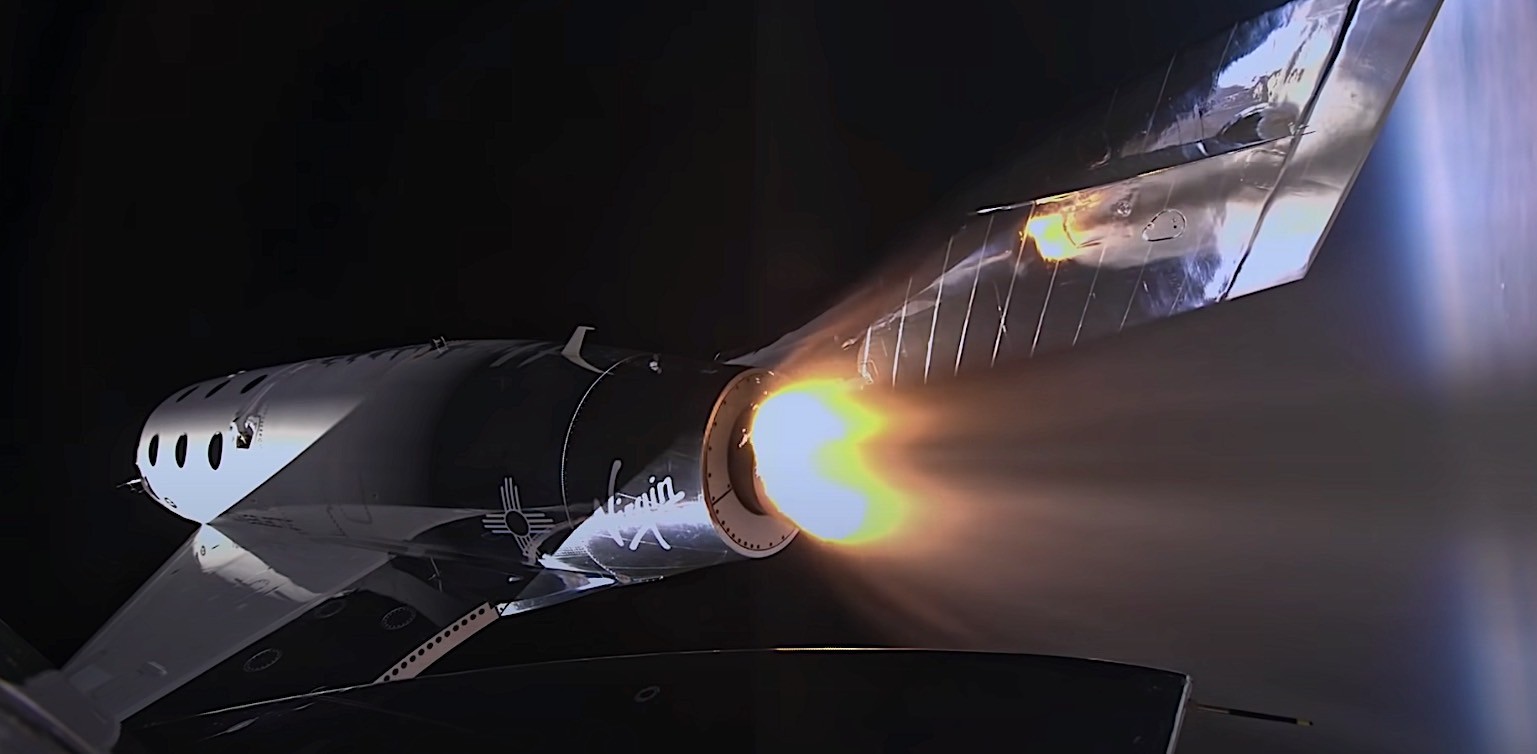Spacecraft represent humanity’s most remarkable technological achievements, poised to venture into the depths of outer space, where conventional life cannot survive. These vessels hold the promise of extending humanity’s presence beyond Earth’s confines, but realizing this vision requires a significant number of spacecraft.
Presently, spacecraft are typically manufactured for specific missions rather than produced continuously on assembly lines. However, the emergence of space tourism and increased accessibility to space travel could revolutionize this paradigm.
Virgin Galactic, a prominent player in space tourism, offers brief yet expensive zero-gravity experiences. Despite the high cost, the company anticipates a surge in demand for such experiences in the near future.

Utilizing its spacecraft, VSS Unity, Virgin Galactic has conducted several successful flights, with plans to introduce a new spacecraft design called Delta class. Unlike its predecessors, Delta class aims for higher production volumes, with a production facility slated for Phoenix, Arizona.
While delays have affected the timeline, progress continues, with the recent opening of a system integration facility in Southern California. Here, components undergo rigorous testing, facilitated by advanced systems like the Iron-Bird.
The Delta ships, resembling the Unity in design, are a collaborative effort, with companies like Bell and Qarbon Aerospace contributing to their development. Virgin Galactic aims to produce a fleet of Delta ships, significantly increasing its monthly capacity and revenue. With production slated to commence soon, commercial flights could begin within two years, marking a significant milestone in space travel history.

